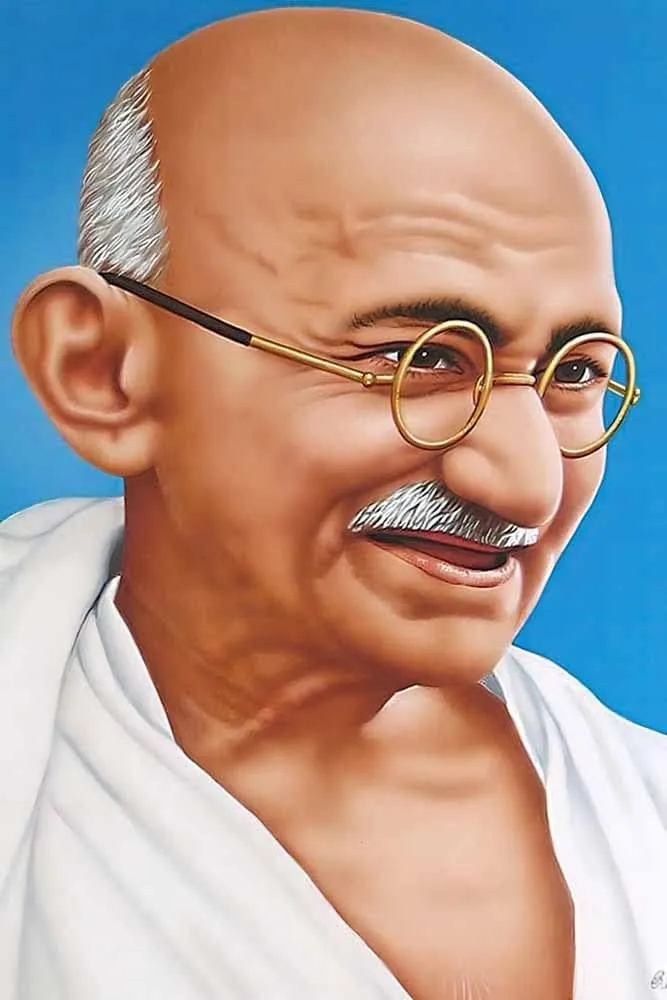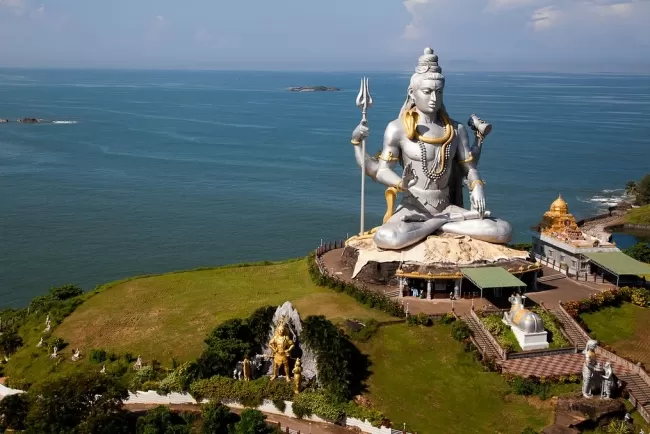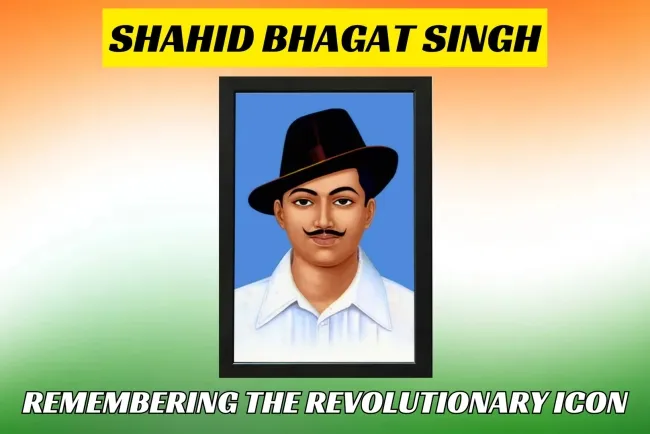Gandhi's Enduring Legacy: Inspiring Global Civil Rights Movements...!!!
Gandhi's legacy extends beyond India's independence. His principles of nonviolence and civil disobedience influenced global movements for civil rights and freedom, including the efforts of Martin Luther King Jr. in the United States.

Mahatma Gandhi, originally named Mohandas Karamchand Gandhi, was born on October 2, 1869, in Porbandar, Gujarat. He was a pivotal figure in India's fight for independence, renowned for his philosophy of nonviolent resistance. Gandhi's life and legacy have left a lasting impact on history.
Early Life and Education
Gandhi was born into a Hindu family and completed his early education in Rajkot, Gujarat. He later pursued legal studies at the Inner Temple in London, where he was called to the bar at the age of 22. After returning to India, he struggled to establish a successful law practice and eventually moved to South Africa in 1893 to represent an Indian merchant in a legal case.
South Africa and the Emergence of Satyagraha
While in South Africa, Gandhi encountered racial discrimination, which fueled his civil rights activism. He developed the concept of Satyagraha, or truth-force, emphasizing nonviolent resistance to achieve social and political change. His efforts in South Africa laid the groundwork for his future work in India.
![]()

Return to India and Leadership in the Independence Movement
Gandhi returned to India in 1915 and quickly became involved with the Indian National Congress (INC), a political party advocating for India's independence. He organized peasants, farmers, and urban laborers to protest against discrimination and excessive land taxes. Gandhi's leadership within the INC led to nationwide campaigns aimed at alleviating poverty, expanding women's rights, ending untouchability, and achieving swaraj (self-rule).
The Salt March and Civil Disobedience
One of Gandhi's most renowned campaigns was the Salt March in 1930, during which he led a 400 km (250 mi) march to the Arabian Sea to protest the British-imposed salt tax. This act of civil disobedience drew international attention and highlighted the injustices of British colonial rule.
Role in India's Independence
Gandhi's philosophy of nonviolence and civil disobedience inspired millions of Indians to join the struggle for independence. His efforts culminated in India gaining independence from British rule on August 15, 1947. However, the partition of India and Pakistan led to sectarian violence, which deeply troubled Gandhi.
Personal Life and Legacy
Gandhi led a simple life, wearing a short dhoti woven with hand-spun yarn as a symbol of identification with India's rural poor. He practiced self-sufficiency, ate simple food, and undertook long fasts as a means of introspection and political protest. His wife, Kasturba Gandhi, played a significant role in his life and work.
Gandhi's legacy extends beyond India's independence. His principles of nonviolence and civil disobedience influenced global movements for civil rights and freedom, including the efforts of Martin Luther King Jr. in the United States.
Assassination and Legacy
Gandhi was assassinated on January 30, 1948, by Nathuram Godse, a Hindu nationalist. His death was mourned by millions, and he is remembered as the Father of the Nation in India. Gandhi's teachings continue to inspire people around the world to strive for peace, justice, and equality.
What's Your Reaction?

















